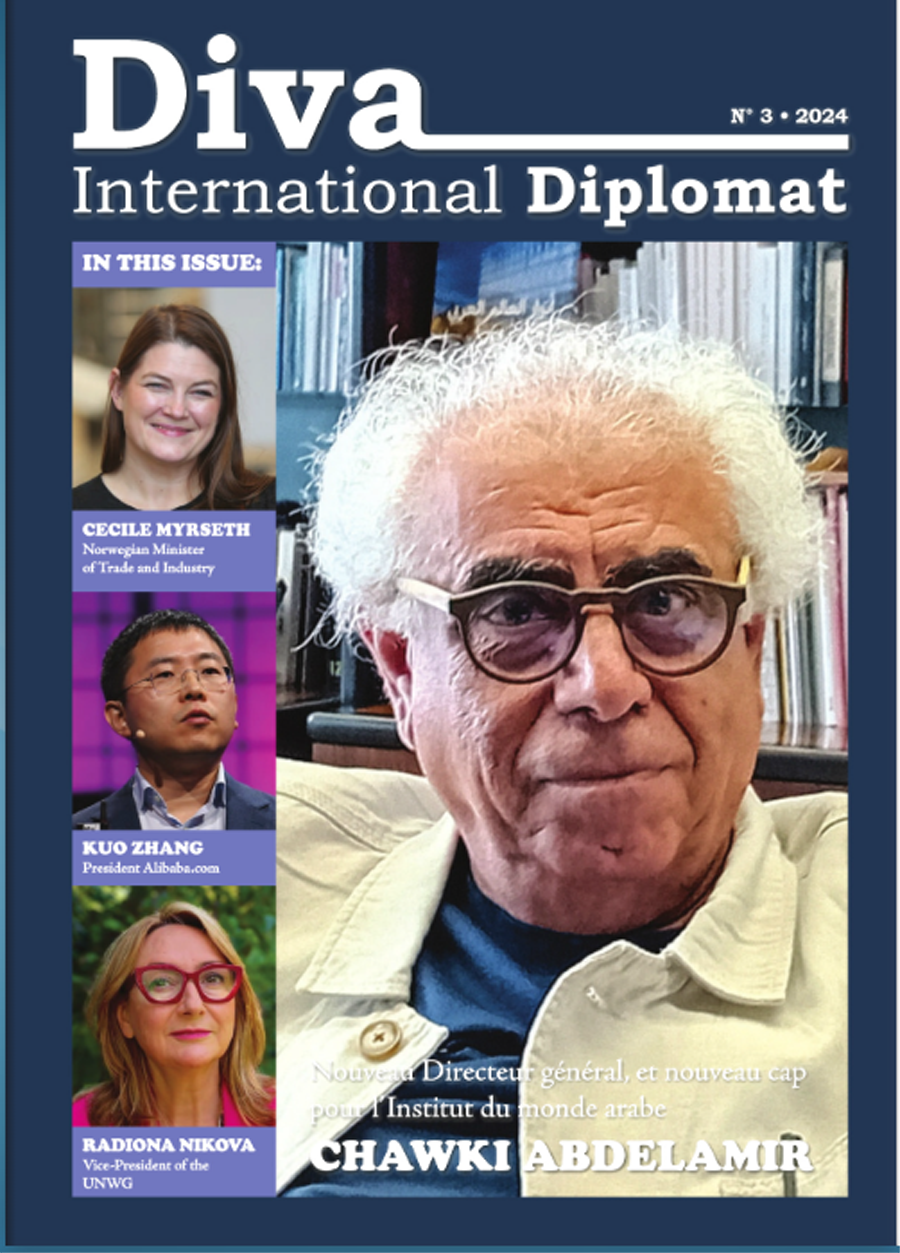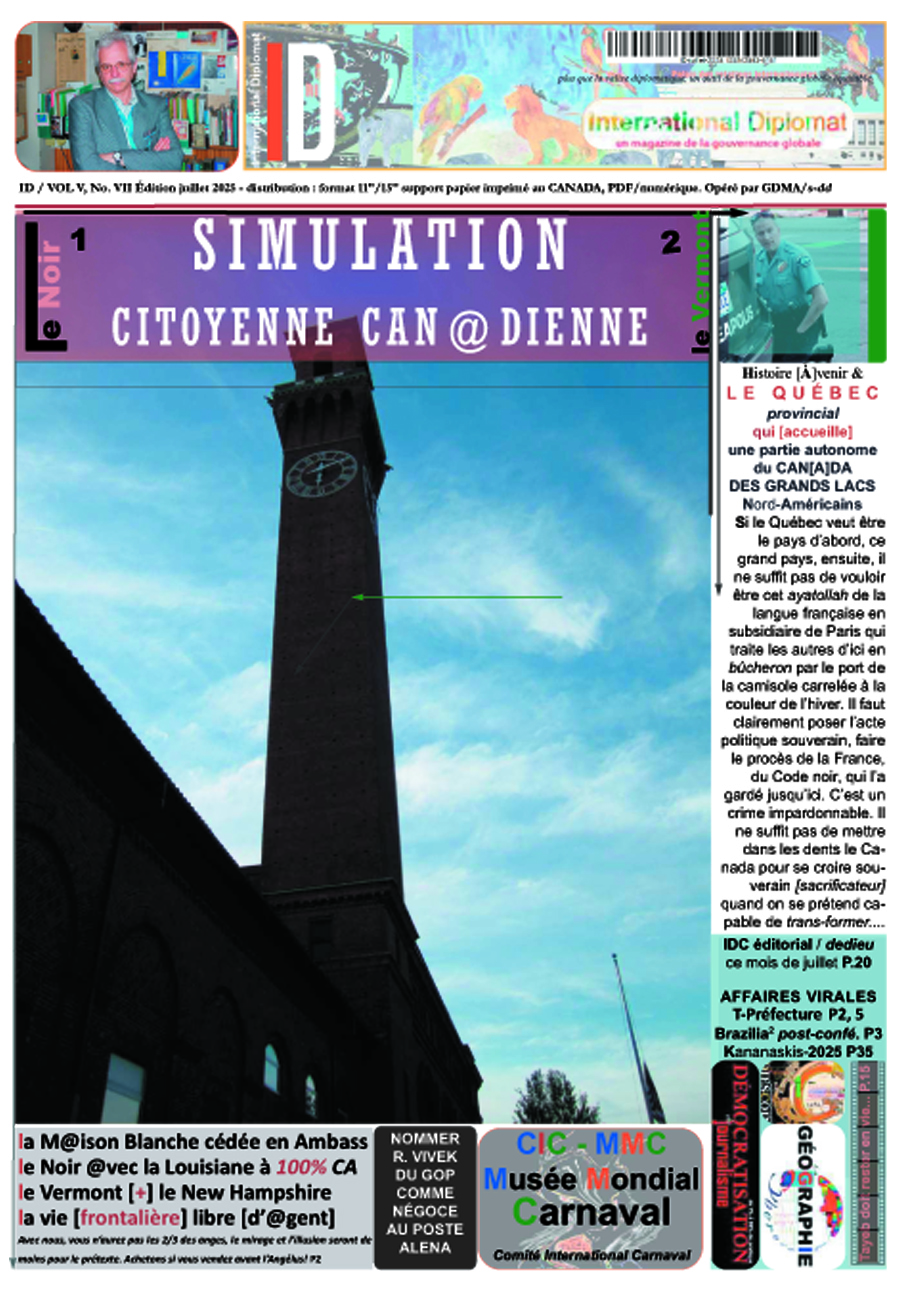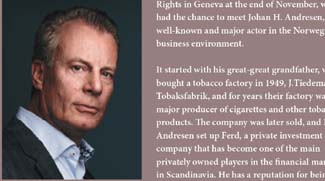
Interview with Johan H. Andresen by Marit Fosse
Johan H. Andresen owner and chairman of Ferd AS, Chair, Council of Ethics, Norwegian Government Pension Fund Global, to most known as the Norwegian Sovereign Fund.
During the forum on Business and Human Rights in Geneva at the end of November, we had the chance to meet Johan H. Andresen, a well-known and major actor in the Norwegian business environment.
It started with his great-great grandfather, who bought a tobacco factory in 1949, J.Tiedemanns Tobaksfabrik, and for years their factory was a major producer of cigarettes and other tobacco products. The company was later sold, and Mr Andresen set up Ferd, a private investment company that has become one of the main privately owned players in the financial markets in Scandinavia. He has a reputation for being clever, honest, humble and straightforward, so now we leave the floor to Mr Andresen, who kindly replied to all our questions despite his busy schedule.
Q: What is the reason why you are here today?
I’m the Chair, Council on Ethics, and our role is to track and potentially recommend exclusion or observation from the Norwegian Sovereign Fund companies that are violating established international norms, among them, human rights. So, this is an important opportunity to be here. I was on the panel yesterday, and this is a way to tell people what we are doing, about our guidelines, what we are worried about…
We have been here a couple of times before, and it’s both a good occasion to understand and an excellent way to meet other investors, NGOs and specialists to hear what their concerns are.
Q: How does this ethics group go about its work?
The Central Bank is the manager of the Fund, which is the future savings of the Norwegian people. The size of the fund is now more than a trillion U.S. dollars, and there are more than 9000 companies in the fund. Therefore, it is a huge effort just to keep track of them. The Fund has several ways of tracking the companies to see if they behave responsibly. Our mandate, through our guidelines, is to continuously, in a sense, screen the companies through web crawlers, through being open to the public and to NGOs, to receive concerns and complaints and perhaps look into them, and perhaps to do in-depth industry studies where we think there is a high risk of norm violations. This concerns not only human rights but also environmental damage, corruption and certain products which we should not invest in. The council comprises five appointed members and a secretariat of eight. We meet every month, and then there are all the other meetings in between with civil society, with companies with which we have a direct dialogue. So this is a big and comprehensive effort.
Q: What do you concretely do when you find something that seems suspicious?
First, we start with some background research. It’s really about finding the facts. If there a possibility that the company has committed a norm violation, it is necessary to examine the case in order to actually reach the threshold for recommending that for it be either excluded or put under observation. Most companies are generally put aside quite quickly, because they are not going to reach the threshold, but if we think that they might, we will very often write a letter to the company saying, for example, that it has come to our knowledge that you are engaged in…
Or what are you doing, what are your policies on human rights etc.? At this stage we ask for facts. Most of the time they answer our requests, perhaps halfheartedly, and then we do of course more checks. In some cases, if we feel that we are missing something, we might actually send people out into the field, not ourselves but a consultant, to talk to factory workers outside the factory. If we are concerned about child labour, we go into the fields too.
One of our consultants visited two 2,500 farms in India, on foot and on bicycle. So, we carry out pretty thorough investigations in order to establish a set of facts that could lead us to recommend a company for observation or exclusion. If we come to that, we actually send them the draft. This wakes them up most of the time because now they understand that this is for real.
“We carry out pretty thorough investigations in order to establish a set of facts that could lead us to recommend a company for observation or exclusion.”
Many companies do understand the downside of being excluded, for we publish a very comprehensive recommendation of 10 to 15 pages. It is usually picked up by mainstream media – everything from national media to Bloomberg, BBC, Reuters etc. So, this becomes very much international news and in some cases does not have a positive effect on their share price. Some companies will find it harder to talk with their banks, more difficult to recruit, so most companies are eager to remain in the Fund. Therefore, we often engage in a dialogue with the companies. It is perhaps not our main mandate, but it turns out to be the most effective part of our work because many companies are willing to change their conduct on the ground. This can involve things such as changing their people on the board, in management, changes in policies, withdrawing from certain countries or business areas or even divesting themselves of subsidiaries. Many companies will take real measures. Of course, there are sometimes people who do not, and then of course the consequences follow.
Q: The Sovereign Fund has tremendous power. Do you, sometimes, perhaps in the line with the Government, propose to invest in some companies?
We are mandated only to do negative screening, meaning we only look at companies that are already in the Fund. Of course, there are some people who would like us actually to do due diligence prior to the company going into the Fund. However, that is the responsibility of the Fund itself. The Fund is so big, it is very dependent on following the index, whatever index they have been given by the Ministry of Finance. They can on their own initiative do risk-based sale. There is in some cases, when they do not like the business model, for instance, if they see a risk of corruption. They will not say this pubicly, but they will quietly divest. So the responsible management is not only by the Council of Ethics but also in the first instance by the Fund itself.
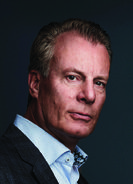 Q: How much time do you spend working on these issues?
Q: How much time do you spend working on these issues?
Of course, it varies, but I would think in general plus or minus a day per week. Sometimes a little less, of course. Now I’m here for two days.
Q: You are a very famous investor and businessman, and I presume that you have more than enough on your plate. Why did you accept to be a member of this Council?
It is really a huge privilege to be able to engage intellectually with a super group of people in both the council and secretariat in order to effectuate the mandate and make a difference. I get to influence very large companies and raise the flag. People actually listen, they change, and that’s a huge opportunity to be a part of. I did not know much about it before I joined. The companies we invest in are mostly private so we did not pay much attention to the Council of Ethics. Some people say that Ferd should do much more and should do different things, but on the whole it’s good actually to use part of my time and intellect to make a difference within this field.
“For me it’s truly an honor to serve on the Council, and I do not think that anybody says no to do so.”
For me it’s truly an honor to serve on the Council, and I do not think that anybody says no to do so.
Q: Do you think that business should pay more attention to human rights?
Well, I think that all countries have signed the United Nations guiding principles, and they put expectations on all countries actually to pay attention, follow the law and be active. Yes, human rights are a core fundamental of everything, from the law to compliance, actually the common sense of running a value-based business. So, yes, I think it’s a core matter and a license to operate.
It is also a license to make a difference, if you want to do so. Many companies would like to do that beyond the sort of financial return type of positions.
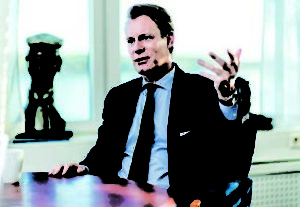 Q: We have seen several financial crises, and we still see the social impact of the 2009 crisis. Do you feel that people care more about human rights now than before or is it only a Scandinavian concern?
Q: We have seen several financial crises, and we still see the social impact of the 2009 crisis. Do you feel that people care more about human rights now than before or is it only a Scandinavian concern?
We are here in the United Nations, and this is a global issue, and it’s more serious in countries where norms have been violated on a large scale, whether it’s replacement of people or sexual harassment. So, of course, there are systematic violations that are more prevalent in other parts of the world than in the Nordic countries, but the Fund is global, and the Fund must strive to adhere to the expectations of the international community. I think that to some extent the financial crisis heightened expectations, especially from the financial community, to be more diligent, more responsible
Q: If you have a message to our readers, what would that be?
I think all countries need a piggy bank, a set of financial institutions, either governmental or other, and safeguards for their citizens. Such institutions are a very good way of exercising influence on a global scale. Most of these funds, whether sovereign funds or pensions funds, by necessity, make investments. It is important to set widely recognized standards and guidelines for such funds and to meet expectations beyond those that they have perhaps signed on to for themselves and are just trying to live up to. Set the bar high and strive to achieve those high standards. Try to be among the better funds. I think that is also something that diplomats and others can underscore – the role here of human rights and business. There are plenty of business people here, and they are eager to talk to diplomats, to human rights activists and to people on the ground. I think the dialogue between all these different partners is facilitated by the diplomatic community. MF
article published on the April 2020 Edition No. 1, and will be found at P. 21, 22, 23 : http://internationaldiplomat.com/wp-content/uploads/2020/04/DIVAMagazine20202.pdf




